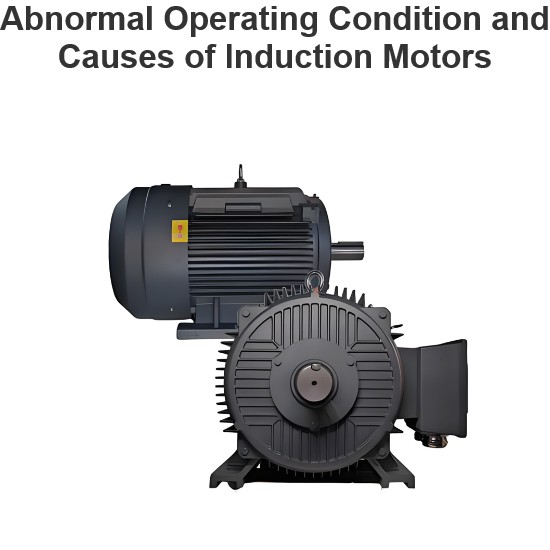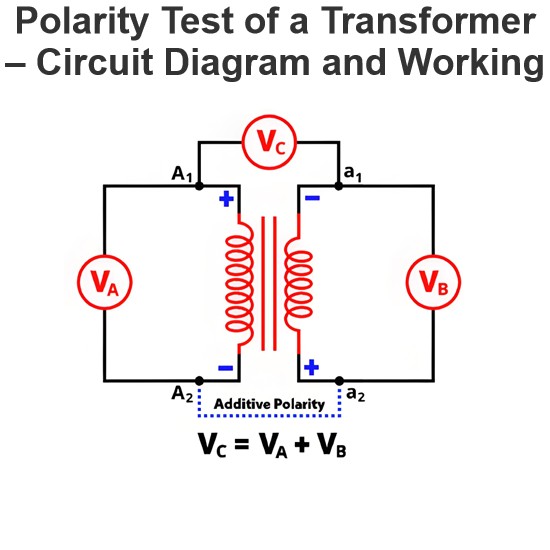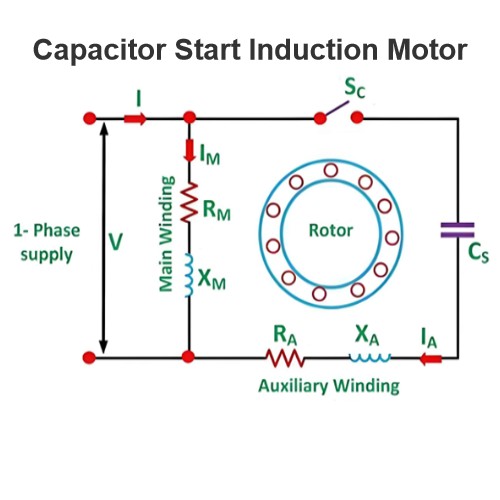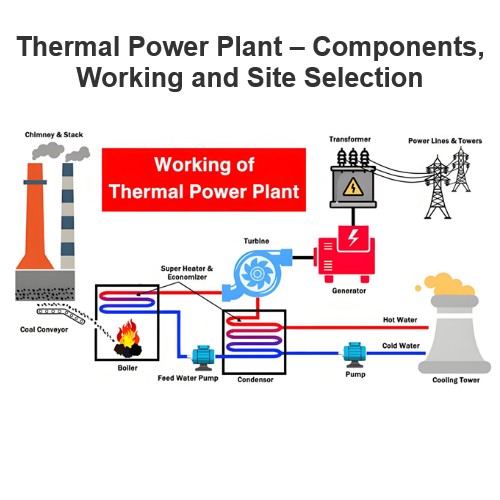What causes overheating of an AC motor?
Several factors can contribute to overheating in an Alternating Current (AC) motor. Understanding these causes is crucial for maintaining the motor's longevity and preventing potential failures. Here are some common reasons why an AC motor might overheat:
1. Overloading
Exceeding Rated Capacity: If the load applied to the motor exceeds its rated capacity, the motor will draw more current to meet the demand, leading to overheating.
Continuous Overload: Consistently running the motor beyond its design limits can result in excessive heat buildup.
2. Insufficient Ventilation
Blocked Airflow: If the motor's ventilation openings are blocked by dust, debris, or other obstacles, the motor will not be able to dissipate heat effectively.
Inadequate Cooling: Poor ambient air circulation around the motor can also contribute to overheating.
3. Electrical Issues
Voltage Imbalance: An imbalance in the supply voltage can cause uneven heating of the motor windings, leading to overheating.
Faulty Windings: Faults in the motor's windings, such as short circuits or open circuits, can disrupt the normal current flow and generate excessive heat.
Harmonics: High levels of harmonics in the power supply can cause additional heating in the motor windings and core.
4. Mechanical Problems
Bearing Issues: Faulty or worn-out bearings can increase friction and generate additional heat.
Misalignment: Misalignment between the motor shaft and the driven machinery can cause the motor to work harder, generating more heat.
Unbalanced Loads: Unbalanced loads can cause the motor to vibrate excessively, increasing heat generation.
5. Environmental Conditions
High Ambient Temperature : Operating the motor in an environment with high ambient temperatures can reduce its cooling efficiency and lead to overheating.
Humidity: High humidity can cause condensation inside the motor, which can lead to electrical faults and overheating.
6. Improper Lubrication
Lack of Lubrication : Insufficient lubrication can cause excessive friction in the motor's moving parts, leading to overheating.
Contaminated Lubricants : Contamination of the lubricant can degrade its effectiveness, increasing friction and heat generation.
7. Control System Malfunctions
Faulty Sensors: Malfunctioning sensors that monitor the motor's temperature or current can fail to trigger protective measures against overheating.
Faulty Controllers: Issues with the motor control system can result in improper regulation of the motor's operation, leading to overheating.
Prevention and Maintenance
To prevent overheating in AC motors, regular maintenance and monitoring are essential. This includes:
Load Management : Ensure the motor is not overloaded and is used within its specified limits.
Ventilation Checks: Regularly clean the motor's ventilation system to maintain proper airflow.
Electrical Inspections: Conduct routine checks on the motor's electrical components and connections.
Mechanical Inspections: Periodically inspect the motor's mechanical components, such as bearings and shaft alignment.
Environmental Monitoring: Maintain the operating environment at a suitable temperature and humidity level.
Proper Lubrication: Regularly check and replace the motor's lubricants as per the manufacturer's recommendations.
Control System Verification: Verify the functionality of the motor control system to ensure proper operation.
Summary
Overheating in AC motors can be caused by overloading, insufficient ventilation, electrical issues, mechanical problems, environmental conditions, improper lubrication, and control system malfunctions. Preventative maintenance and timely corrective actions can help avoid these issues and ensure the reliable operation of the motor.
If you have any further questions or need more information, please let me know!
The Electricity Encyclopedia is dedicated to accelerating the dissemination and application of electricity knowledge and adding impetus to the development and innovation of the electricity industry.













